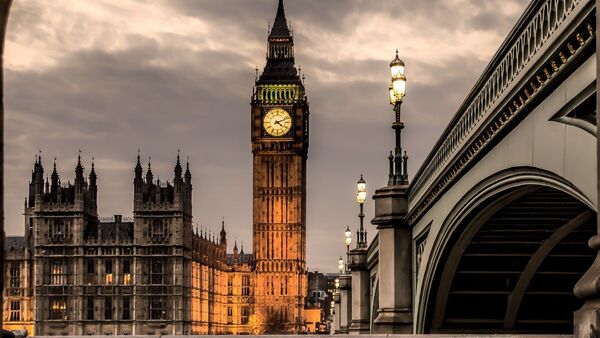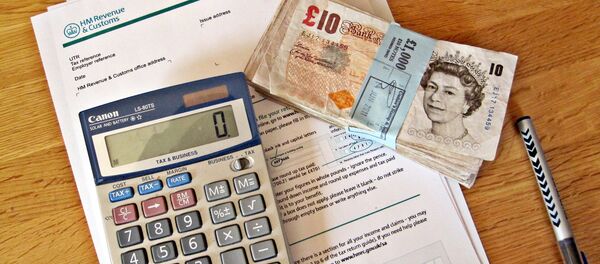According to a UK Government report, "billions of pounds of suspected proceeds of corruption are laundered through the UK each year." One of the schemes used is known as "beneficial ownership."
Under which foreign firms hold billions of pounds in British property without having to declare who is behind them.
.@TIukED on @ukhomeoffice's new Anti-Money Laundering Action Plan launched today — Good, but will it actually happen?https://t.co/oDEmHWgOiG
— Transparency Int'lUK (@TransparencyUK) April 21, 2016
According to a consultation document from the Department of Business, Innovation and Skills:
"Lifting the veil of secrecy over who ultimately owns and controls companies can therefore expose wrongdoing and disrupt a key vehicle for illicit financial flows, including those derived from corruption. To tackle corruption more effectively, the UK Government is considering ways to improve transparency in ownership and control of foreign companies that are active in certain ways in the UK."
In a foreword in the document, Baroness Neville-Rolfe, Under-Secretary of State for the Department, said the UK Government is considering ways to improve "transparency in ownership" and control of foreign companies that are active in certain ways in the UK.
The document states that organized crime costs the UK at least US$35 billion each year. Criminals deliberately try and obscure the ultimate ownership of these companies to distance themselves from the assets they really control and ensure law enforcement agencies, regulators, legitimate businesses and the general public are unaware of the true role the companies they control are performing
Financial Crime
UK Home Secretary, Theresa May said: "Britain's world leading financial system is at risk of being undermined by money laundering, illicit finance and the funding of terrorism. The laundering of proceeds of crime through UK institutions is not only a financial crime, it fuels political instability around the world, supports terrorists and extremism and poses a direct and immediate threat to our domestic security and our overseas interests. This action plan sends a clear message that we will not tolerate this type of activity in our financial institutions."
According to Transparency International, more than US$258 180 million-worth of properties in the UK have been brought under criminal investigation as the suspected proceeds of corruption since 2004. This is believed to be only the tip of the iceberg of the scale of proceeds of corruption invested in UK property. Over 75 percent of the properties under criminal investigation use offshore corporate secrecy.
"Bold rhetoric needs to be backed up by bold action" @TransparencyUK on new proposed #UK anti-money laundering law https://t.co/MuNdRTto7p
— Transparency Int'l (@anticorruption) April 21, 2016
36,342 London properties totaling 2.25 square miles are held by offshore haven companies. Of these, 38% in the British Virgin Islands, 16% in Jersey, 9.5 percent in the Isle of Man, and 9 percent in Guernsey.
Almost one in ten properties in the City of Westminster (9.3 percent), 7.3 percent of properties in Kensington & Chelsea, and 4.5 per cent in the City of London are owned by companies registered in an offshore secrecy jurisdiction.
Not just property market with concerns over laundering of dirty money. Art market also open to abuse + many others https://t.co/nx5tOBAlNy
— Transparency Int'lUK (@TransparencyUK) April 18, 2016
The concept of beneficial ownership, as distinguished from strict legal ownership is fundamental in English law and its origins lie in medieval times when land was given to A on his undertaking to hold it for the use and benefit of B, whilst B was, say, away on a crusade.



